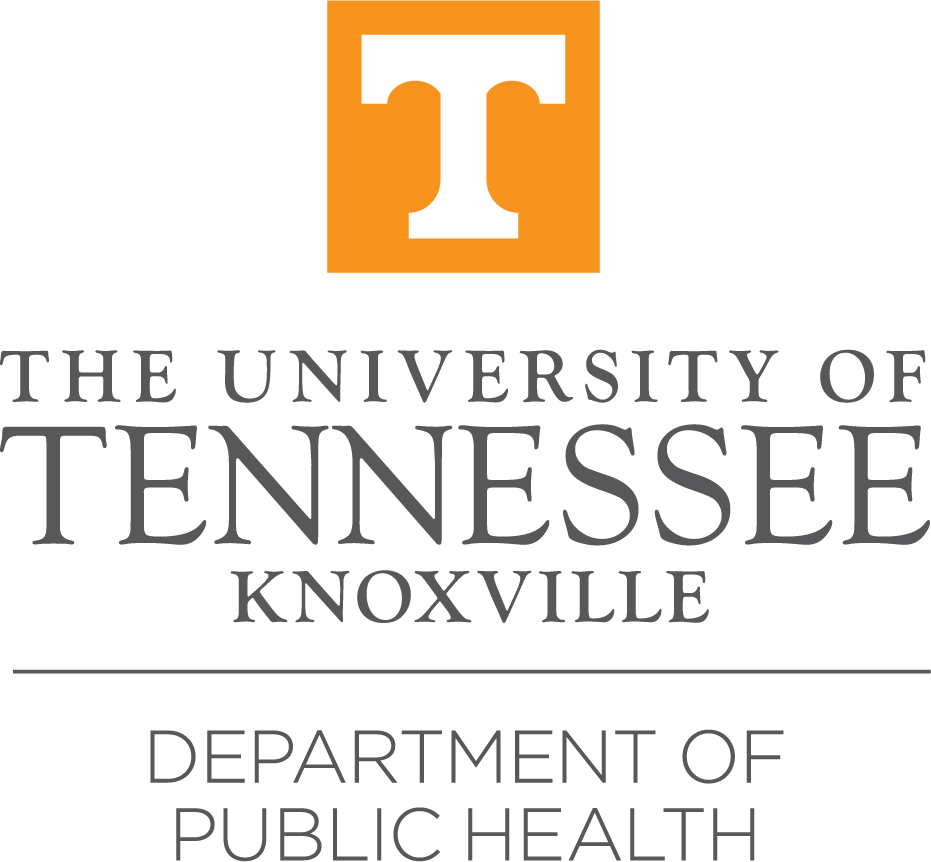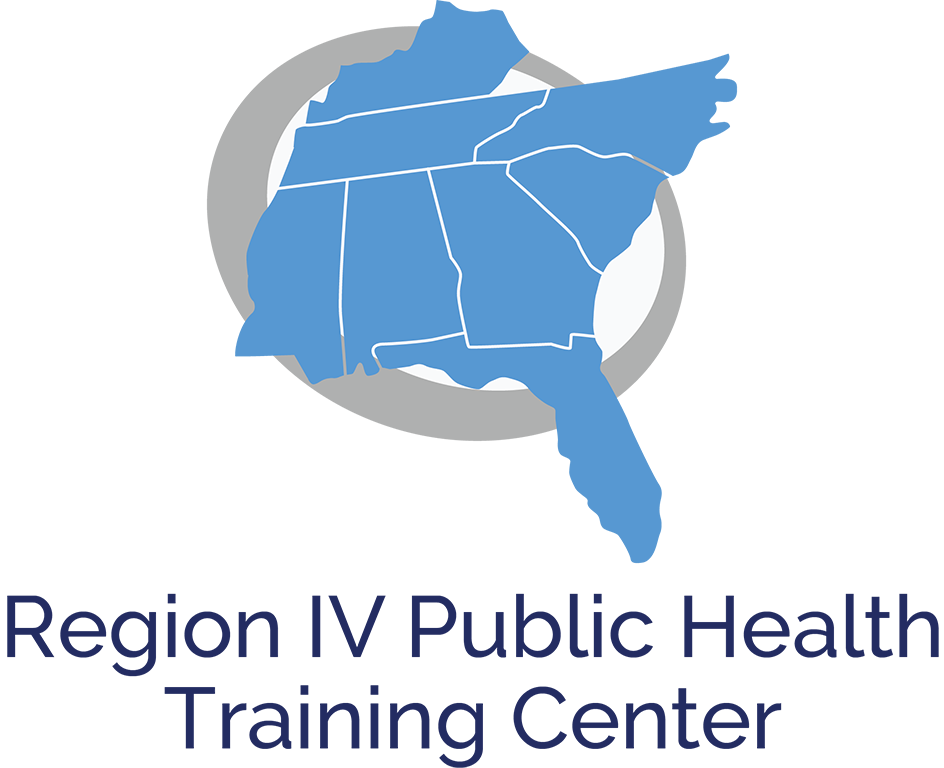The Importance of having a Why!
Guest Blogger: Jordan Taylor
What is your why? Do you have one? Your why can help you remember your purpose or individual mission. Your why can help you stay on track when times get tough. Establishing your why is important to keep you focused on the larger meaning in the grand scheme of public health. As our days can be tedious, long, and arduous, having a why can make those days far more meaningful. For us as public health professionals, we have been hit with waves of uncertainty, emotional turmoil, and what seems like never ending challenges. Now more than ever, we need a why to help ground us every day and to get us up and going every morning. I will share my why in hopes of inspiring you to develop or refine your own if you haven’t already.
I was motivated to find my why through feelings of being lost in my early 20s. I have worked numerous jobs ranging from warehouse work, research, social work, and personal fitness training. I did not know what path I wanted to go down, nor did I know why I was working these jobs other than to pay the bills. In my social work position, I worked with women and men who experienced domestic violence and it was one of the most fulfilling things I have ever done. This is the job that taught me the importance of serving and the impact that can have in your work. Ultimately, seeing the different obstacles our clients had to face just to get by daily led me to pursue my master’s degree in public health and helped me to begin establishing my why. Spirituality is a big part of my why, and service to God is at the forefront of that. Through serving God, I aim to serve people through my work and volunteering.













